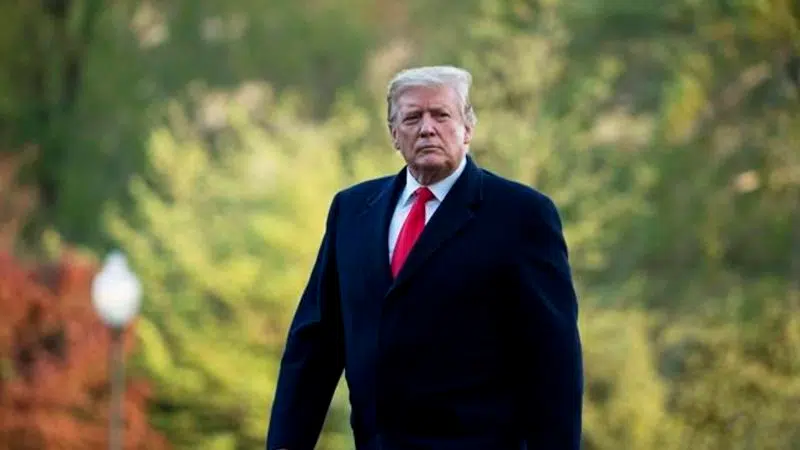
Trump vetoes measure to end US involvement in Yemen war
WASHINGTON — President Donald Trump on Tuesday vetoed a resolution passed by Congress to end U.S. military assistance in Saudi Arabia’s war in Yemen.
The veto — the second in Trump’s presidency — was expected, and Congress lacks the votes to override it. But passing the never-before-used war powers resolution was viewed as a milestone for lawmakers, who have shown a renewed willingness to assert their war-making authority after letting it atrophy for decades under presidents from both parties.
“This resolution is an unnecessary, dangerous attempt to weaken my constitutional authorities, endangering the lives of American citizens and brave service members, both today and in the future,” Trump wrote in explaining his veto.


